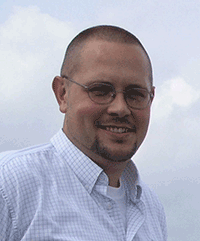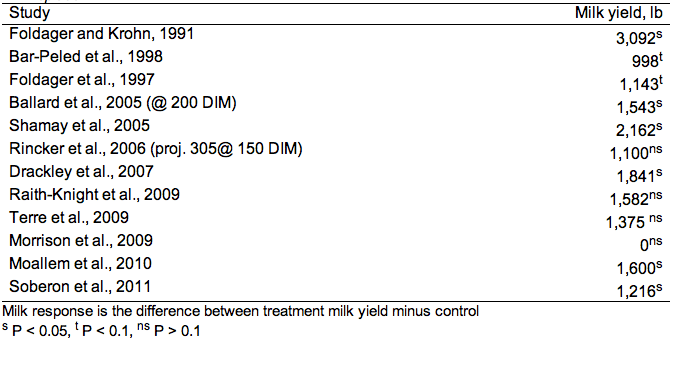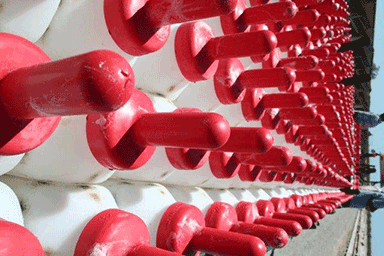
 Broadcasting legend Paul Harvey made the phrase "the rest of the story" famous by using it to finish telling a story or fill in the missing details.
Broadcasting legend Paul Harvey made the phrase "the rest of the story" famous by using it to finish telling a story or fill in the missing details.  "Paul Harvey's famous phrase can also be used when talking about filling in details often missed when considering an accelerated or full potential milk feeding program for dairy calves," says Jason Leonard, calf and heifer specialist with Purina Animal Nutrition.
"Paul Harvey's famous phrase can also be used when talking about filling in details often missed when considering an accelerated or full potential milk feeding program for dairy calves," says Jason Leonard, calf and heifer specialist with Purina Animal Nutrition. Producers feeding a full potential milk feeding program often notice healthier calves with superior growth and development. "The benefits of feeding calves to a higher plane of nutrition do not stop there," says Leonard. "We need to look at the rest of the story to understand long-term benefits to feeding calves a full potential diet."
A key advantage of feeding a full potential milk program to calves is that they will develop into cows with more lifetime profit potential, with proven increased first lactation and lifetime performance. Numerous university studies have proven the link between calf nutrition and lifetime profit potential. Table 1 summarizes the results of 12 studies and the milk yield response to increased pre-weaning milk or milk replacer nutrient supply.
Table 1. Milk production differences as adults among treatments where calves were allowed to consume approximately 50 percent more nutrients than the standard feeding rate prior to weaning from either milk or milk replacer.

 According to Dr. Van Amburgh, the following steps are needed in order to achieve the extra milk production.
According to Dr. Van Amburgh, the following steps are needed in order to achieve the extra milk production.- Pre-weaned calves must grow at a rate that will allow them to at least double their birth weights by 56 days of age (ex. A 90 pound calf would need an average daily gain of 1.61 pounds to achieve this). Traditional milk programs that feed 1.0 to 1.5 pounds of dry matter (DM) per day will not achieve this growth rate.
- Growth needs to be driven by liquid feed intake (milk or milk replacer).
- Crude protein of the liquid diet must be similar to that of whole milk (approx. 26 to 28 percent on a DM basis).
"Pre-weaning nutrition is the key to achieving the milk production responses shown above," says Leonard; pointing out that critics of full potential feeding programs will claim that calves on traditional milk feeding programs will catch up in size post-weaning even though they are smaller at weaning time. "This only happens if calves are underfed relative to their increased size post-weaning and according to research data, those traditionally fed calves will not perform as well during lactation because of their slower growth pre-weaning, regardless of post-weaning nutrition."
While the debate between traditional and full potential milk programs will live on, the advantages of full potential feeding programs are backed by solid research. "The next time your calf nutrition consultant discusses your milk/milk replacer program or you are visiting with your local feed sales representative and they advise you to save your money and just feed a traditional level of milk or milk replacer, ask them to share the rest of the story," says Leonard.
For more information, contact Jason Leonard at (717) 360-3473, email JRLeonard@landolakes.com
Purina Animal Nutrition LLC (www.purinamills.com
6.30.2014